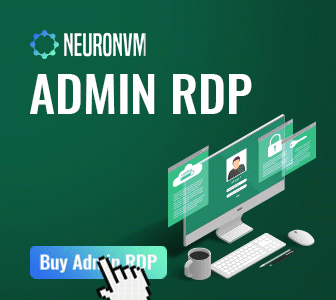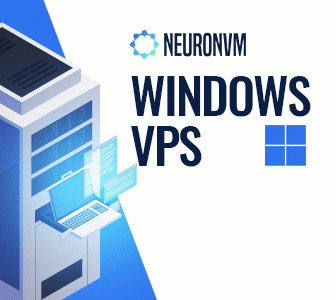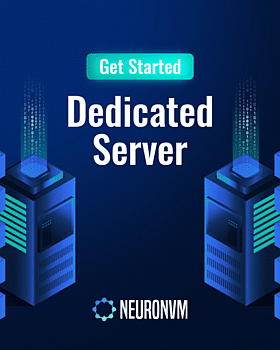
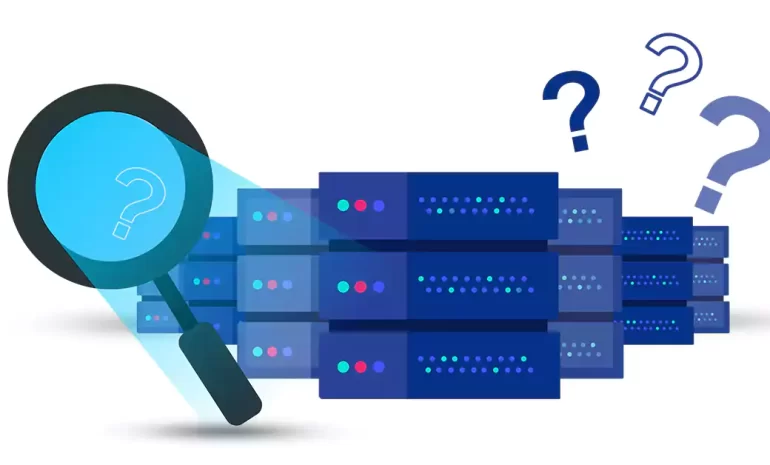





In today’s increasingly digital world, businesses and individuals alike are heavily reliant on online infrastructure to establish an online presence, run business operations, or host content. A dedicated server is a vital component that provides enhanced performance, security, and control, making it a popular choice for those seeking optimal server resources. However, selecting the right dedicated server can be a daunting task given the myriad of options available in the market. This article aims to provide a comprehensive guide to help you make an informed decision when purchasing a dedicated server.
Before we discuss the important points that you need to know when purchasing a dedicated server, we first intend to define and introduce the goals of a dedicated server in the next section. Then we will explain the types of dedicated servers. Please stay with us.
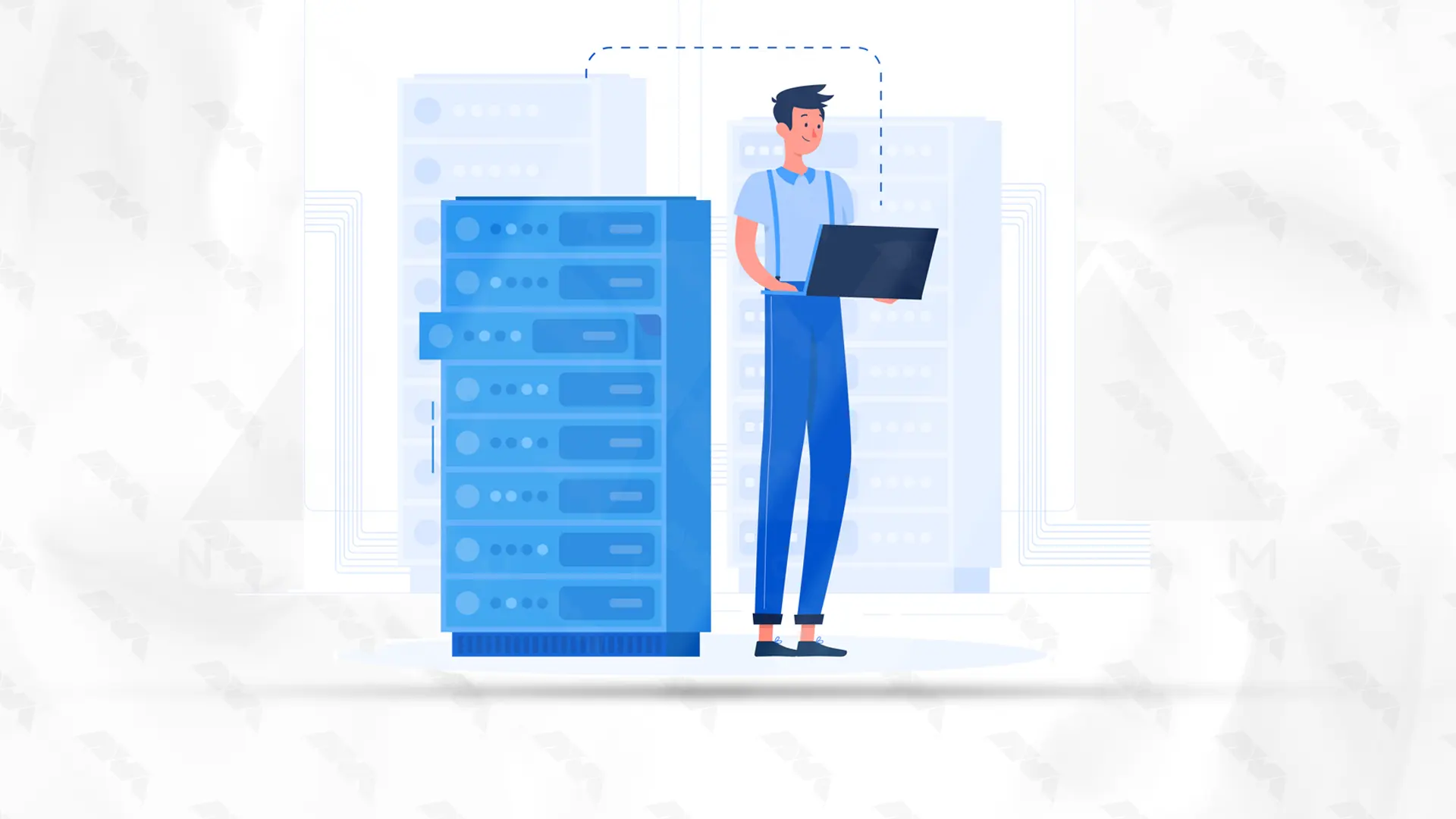
A dedicated server is a type of hosting service where an entire physical server is leased to a single user or organization without sharing resources with any other users. The user has full control over the server’s resources, including processing power, memory, storage, and bandwidth.
The purpose of a dedicated server is to provide high-performance and reliable hosting for websites, applications, or any other online services that require a significant amount of resources. It is commonly used by large businesses, e-commerce websites, gaming servers, and organizations with high traffic or specific requirements that cannot be met by shared hosting or virtual private servers.
By having exclusive access to the server, dedicated hosting offers several advantages over other hosting options, such as improved security, flexibility to customize server configurations, better scalability, and the ability to handle high traffic loads. It also allows for faster response times and optimized performance, as the resources are not shared with other users.
– Managed dedicated server: This is a type of dedicated server that is fully managed by the hosting provider. They take care of all server maintenance and management tasks, including security updates, backups, and performance optimization.
– Unmanaged dedicated server: In contrast to managed dedicated servers, unmanaged servers put the responsibility of server management entirely on the client. The hosting provider only provides the physical server and network connectivity, leaving all server administration tasks up to the client.
– Bare metal server: This is a physical server that is dedicated solely to one client and does not share resources with other clients. It offers full control, customization options, and superior performance compared to virtualized servers.
– High-performance computing (HPC) server: These dedicated servers are designed specifically for high-performance computing tasks, which require massive processing power, low-latency networking, and large memory capacity. HPC servers are commonly used in scientific research, engineering simulations, and financial modeling.
– Game server: Dedicated game servers provide optimized performance, low-latency network connections, and high-capacity storage for hosting multiplayer online games. These servers are specifically designed to handle the high demands of gaming applications.
– Storage server: Storage servers are dedicated machines optimized for storing large amounts of data. They usually have multiple hard drives or solid-state drives (SSDs) configured in RAID arrays for data redundancy and better performance.
– Backup server: These dedicated servers are used to store and manage backup copies of important data and files. They are designed to provide high storage capacity, data protection, and easy retrieval of backed-up data.
These are just a few examples of the various types of dedicated servers available. The choice of a dedicated server largely depends on the specific needs and requirements of the client or organization.
When selecting a dedicated server, it is important to consider several key factors.
First, evaluate your specific requirements such as processing power, storage capacity, and bandwidth. Consider the server’s reliability, security measures, and technical support provided by the hosting company. Look for flexibility in customization and scalability options. Pricing should also be taken into account, weighing the features and benefits offered against the cost. Lastly, assess the server’s compatibility with your operating system and applications.
In the following sections, we will explain each of the mentioned items.
Performance refers to the ability of a server to handle and process tasks efficiently and effectively. The performance of a dedicated server depends on several factors, including the hardware specifications of the server, such as the processor, RAM, storage capacity, and network connectivity. It is important to choose a dedicated server with sufficient resources to meet your specific needs. For example, if you are running resource-intensive applications or websites, you may need a server with a powerful processor and ample RAM to handle the workload without slowing down or crashing.
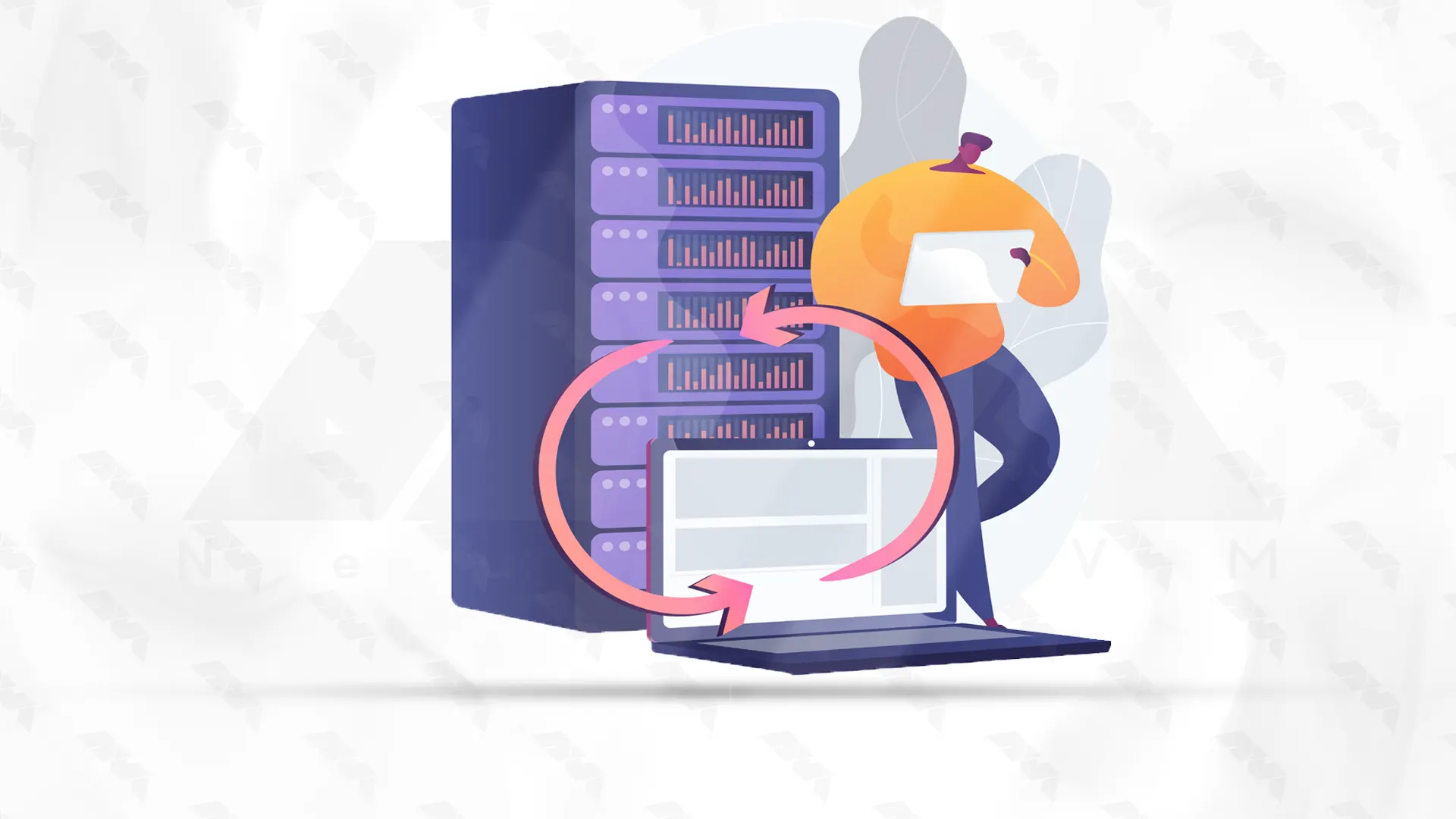
Scalability, on the other hand, refers to the ability of a server to easily accommodate increased demands or workload in the future. If your business grows or experiences a surge in traffic, you may need to scale up your server resources to ensure optimal performance. It is essential to choose a dedicated server that allows for easy scalability, such as the ability to upgrade CPU, RAM, or storage capacity without significant downtime or data migration.
Here are some important considerations for performance and scalability when buying a dedicated server:
1. Hardware Specifications
2. Bandwidth and Network Connectivity
3. RAID Configuration
4. Managed Services and Support
5. Scalability Options
6. Monitoring and Analytics
Here are some key points to keep in mind:
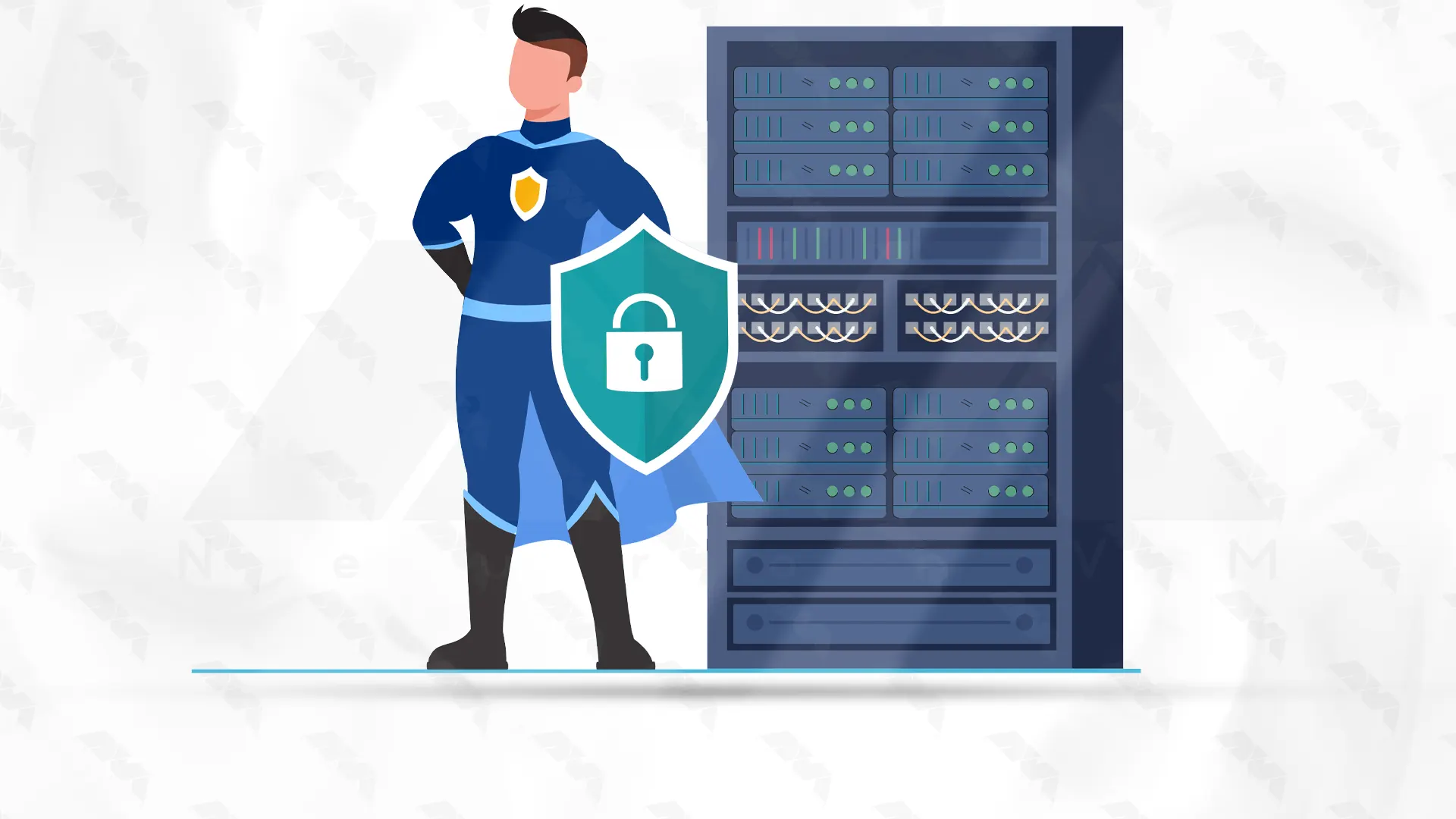
– Physical Security: Choose a data center facility that has robust physical security measures in place, such as 24/7 security monitoring, video surveillance, and access control systems. This ensures that only authorized personnel can access the server.
– Network Security: Look for a dedicated server provider that offers firewall protection, intrusion detection systems, and DDoS mitigation techniques. These measures will help safeguard your server from external threats.
– Redundancy: Ensure that the data center has redundancy in power supply, network connectivity, and cooling systems. This redundancy helps eliminate single points of failure and ensures that your server remains operational even in the event of a power outage or network disruption.
– Uptime SLA: Check whether the provider offers a Service Level Agreement (SLA) guaranteeing a certain level of uptime. A higher uptime guarantee (e.g., 99.99%) indicates the provider’s commitment to providing reliable service.
– Backup and Disaster Recovery: Inquire about the backup and disaster recovery options offered by the server provider. Regular backups and a solid disaster recovery plan are crucial for data protection and continuity in case of unforeseen events.
– Support and Monitoring: Assess the level of support provided by the server provider. Round-the-clock technical support ensures that any issues or concerns can be addressed promptly. Additionally, proactive monitoring of server health and performance helps identify and resolve potential issues before they affect the server’s reliability.
– Reputation and Reviews: Research the reputation and customer reviews of the dedicated server provider. Look for feedback regarding security breaches, downtime incidents, or overall customer satisfaction to gauge their reliability.
– Scalability: Consider your future growth plans and check if the dedicated server provider offers options to easily scale your server resources as needed.
There are several server management aspects that should be considered. These include:
– Operating System (OS): Consider the OS options available for your dedicated server. Choose an OS that is compatible with your applications and offers robust security features.
– Server management control panel: Determine if the server comes with a control panel, such as cPanel or Plesk. These control panels simplify server management tasks like creating email accounts, managing DNS settings, and installing applications.
– Security measures: Ensure that the dedicated server has appropriate security measures in place, such as firewalls, intrusion detection systems, and DDoS protection. Additional security features like SSL certificates and regular backups can also be beneficial.
– Server maintenance: Understand the maintenance policies and procedures for the dedicated server. Check if the provider offers regular updates, security patches, and hardware maintenance to keep your server up-to-date and secure.
When purchasing a dedicated server, it is essential to consider the hardware and network infrastructure aspects. These factors directly impact the performance, reliability, and scalability of your server. Here are some key aspects to consider:
1. Processor: Look for server-grade processors from reputable brands like Intel or AMD, with multiple cores and high clock speeds to handle demanding workloads efficiently.
2. RAM: Determine the amount of RAM required based on your server’s intended usage. More RAM allows for better multitasking and the ability to handle concurrent user requests and applications efficiently.
3. Storage: Consider the type and capacity of storage required. SSDs (Solid State Drives) and NVMe are faster and more reliable than traditional HDDs (Hard Disk Drives). Opt for storage configurations like RAID (Redundant Array of Independent Disks) for enhanced data redundancy and performance.
4. Bandwidth: Assess the available network bandwidth provided by the hosting provider. Ensure it meets your requirements for transferring data to and from the server, especially if you anticipate high traffic or resource-intensive applications.
5. Location: Consider the physical location of the dedicated server. Opting for a server located closer to your target audience can reduce latency and improve the user experience.
Considering the budget is essential when selecting a dedicated server. This section discusses the various pricing models, such as upfront costs, monthly rentals, and additional fees. Additionally, it advises readers to carefully review service-level agreements (SLAs) to understand the scope of services provided, response times for support, and any service guarantees offered.
So, aspects of pricing and service agreements will help you make an informed decision when purchasing a dedicated server, ensuring that you choose a provider that meets your requirements and provides value for money.
In conclusion, when purchasing a dedicated server, it is crucial to evaluate factors such as your specific needs, scalability, security measures, reliability of the provider, and cost. By considering these aspects, individuals and businesses can make an informed decision that aligns with their requirements for optimal performance and seamless operations.
How useful was this post?
Click on a star to rate it!
Average rating 5 / 5. Vote count: 2
No votes so far! Be the first to rate this post.
 Tags
Tags

Using Virtual Private Servers (VPS) allows you to protect your system and reduce the risk percentage...



 Tags
Tags
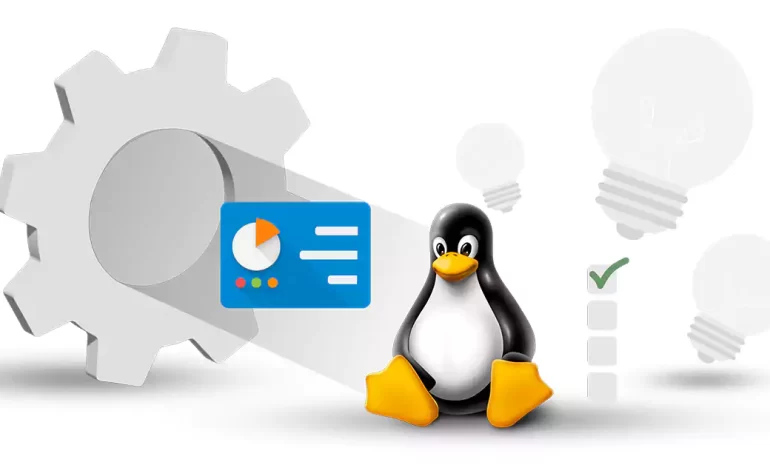
Setting up and managing a Linux VPS involves various tasks, including server administration, softwar...



 Tags
Tags
What is your opinion about this Blog?






